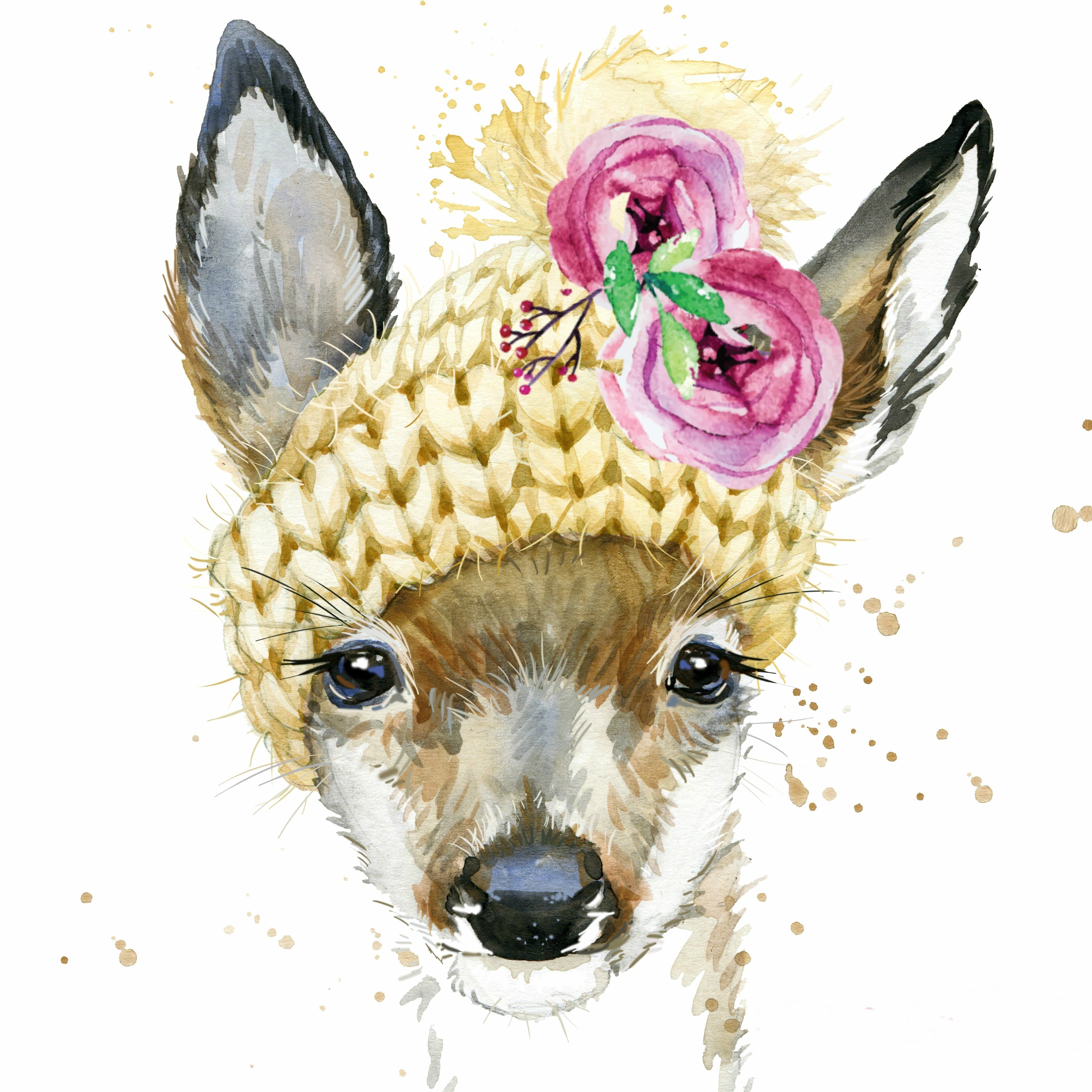A Hand Sewing Guide for Beginners:
How To Do a Slip Stitch Hand Sewing
Unlock the secrets of hand sewing with our beginner-friendly guide on how to do a slip stitch, perfect for your next sewing project or DIY endeavor.
Key Takeaways:
- Understanding Slip Stitch: Grasping the basics of this essential hand sewing technique.
- Materials Needed: A list of simple tools required to start slip stitching.
- Step-by-Step Guide: Easy-to-follow instructions for beginners.
- Common Applications: Discover how slip stitches are used in various sewing projects.
- Tips for Perfection: Expert advice to enhance your slip stitching skills.
Understanding Slip Stitch
The slip stitch is a fundamental hand sewing stitch used primarily for joining two pieces of fabric together invisibly. It's perfect for hemming, closing openings, attaching linings, and various other applications where a discreet stitch is required.
Materials Needed
- Needle: A small, sharp sewing needle.
- Thread: Choose a color that matches your fabric.
- Fabric: Any fabric pieces you wish to join.
- Scissors: For cutting thread.
- Thimble (optional): To protect your finger while sewing.
Step-by-Step Guide
- Thread the Needle: Cut a length of thread (about 18 inches) and thread your needle, tying a knot at one end.
- Starting the Stitch: Insert the needle from the wrong side of the fabric to hide the knot. For joining two pieces, start at the edge of one piece.
-
The Slip Stitch Process:
- Pick a tiny bit of fabric from the first piece with the needle.
- Move across to the other piece of fabric and pick a tiny bit of it.
- Pull the thread through gently, ensuring it lies flat against the fabric.
- Repeat: Continue this process, alternating between the pieces of fabric, and keeping stitches small and even.
- Finishing Off: To secure the end, make a small stitch and pass the needle through the loop of the thread before pulling tight. Trim any excess thread.
Common Applications
- Hemming Garments: Ideal for creating invisible hems on pants and skirts.
- Closing Pillows or Cushions: After stuffing, use slip stitch to close the opening neatly.
- Attaching Lining: Perfect for attaching lining to a garment without visible stitches.
Tips for Perfection
- Even Stitches: Keep your stitches small and even for a neat finish.
- Tension: Don't pull too tight to avoid puckering the fabric.
- Thread Length: Avoid using too long a thread to prevent tangling.
For more creative sewing ideas and inspiration, explore articles such as "How to Make a Button Bouquet" or "Spice Up a Tam Hat with Vintage Buttons" on Zaza of Canada. Enhance your sewing projects with their exquisite range of fancy buttons and vintage brooches.

